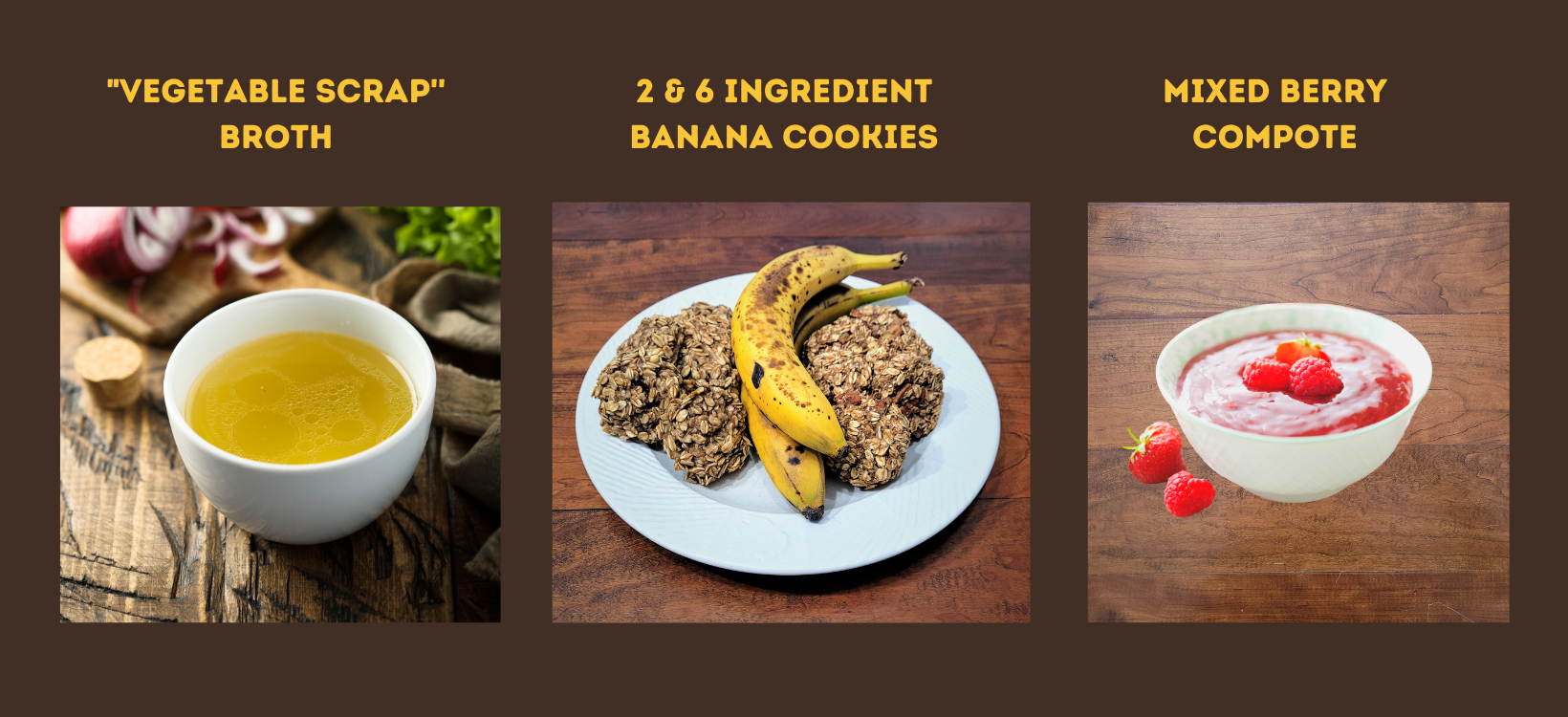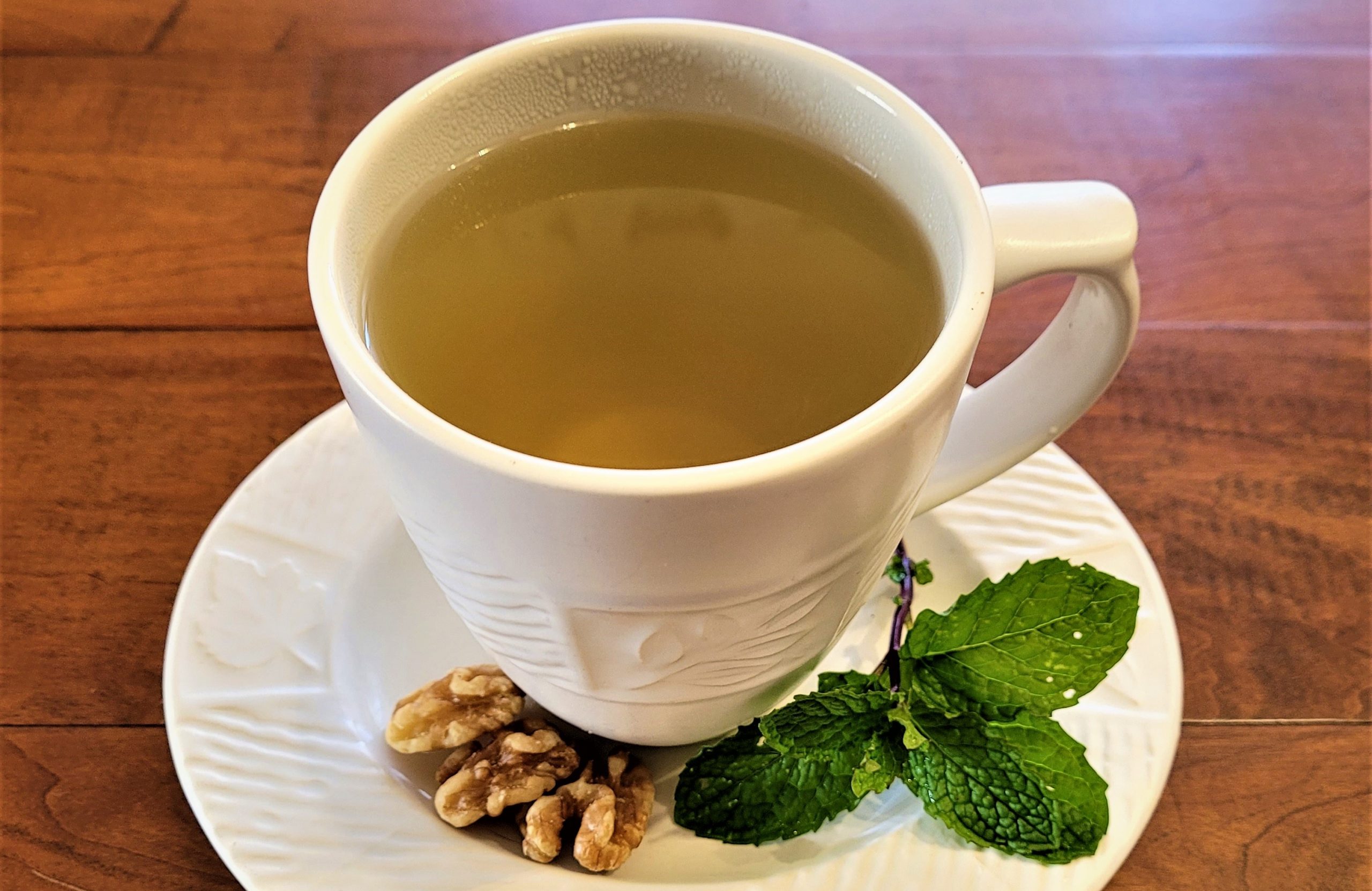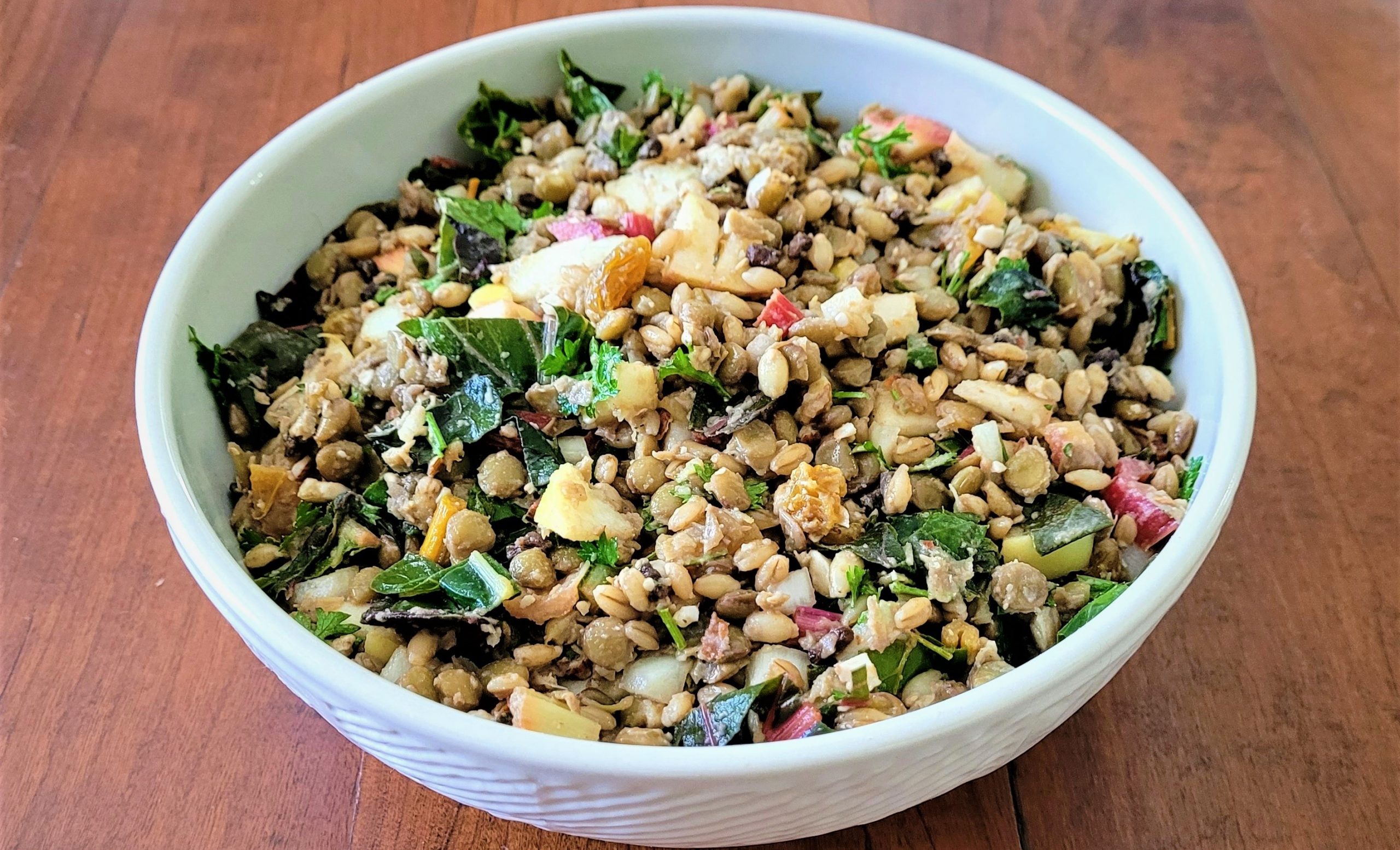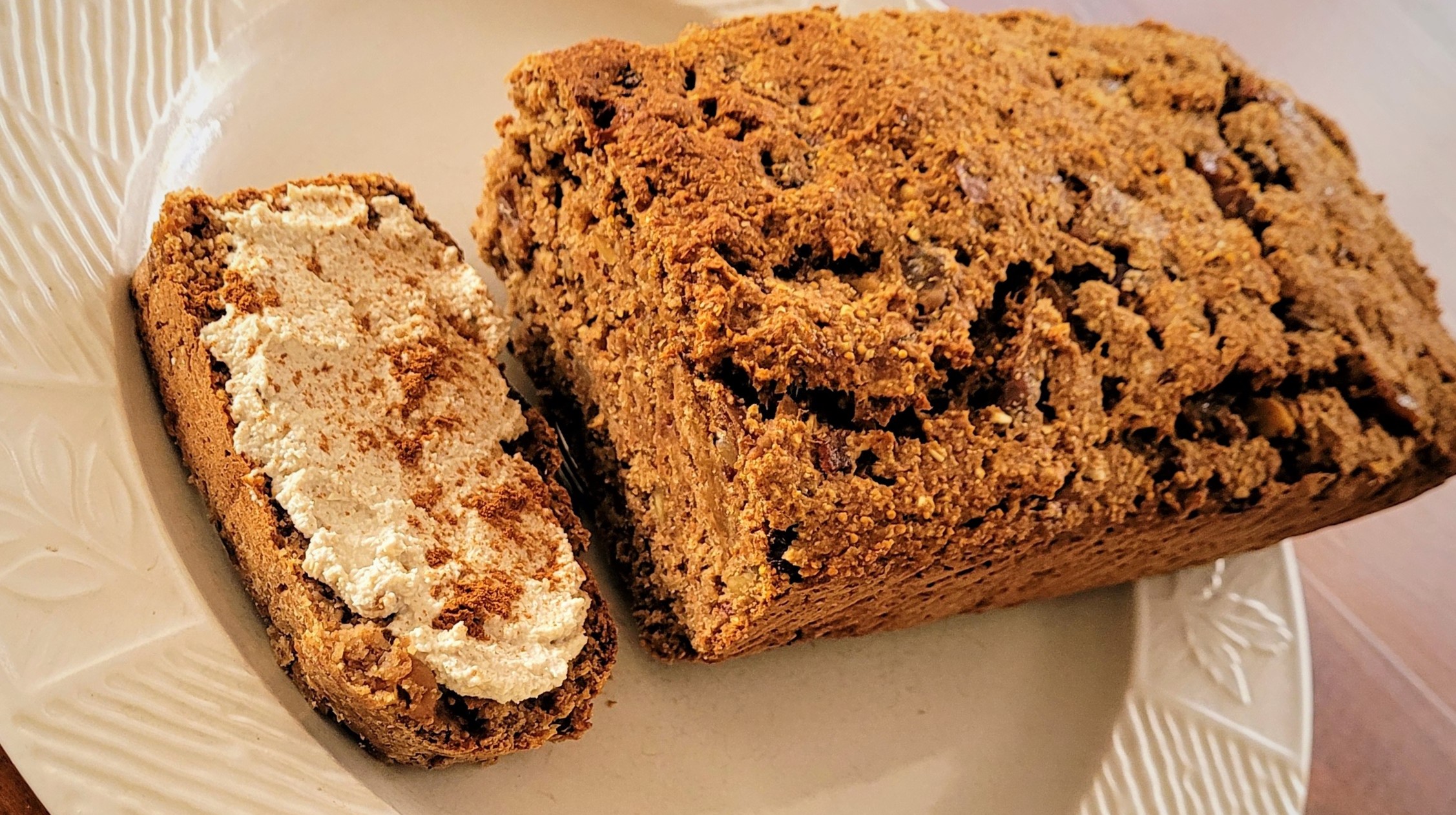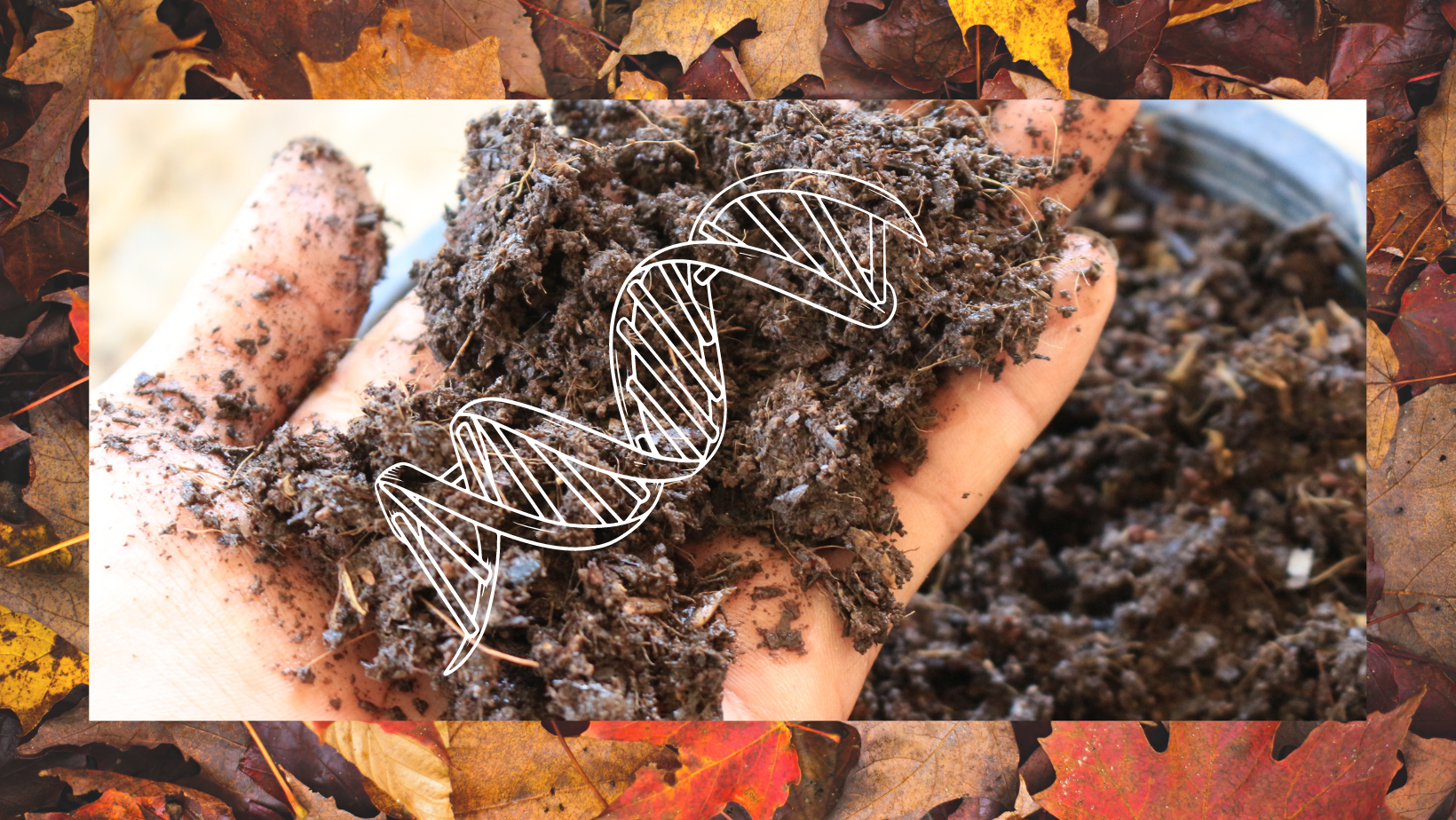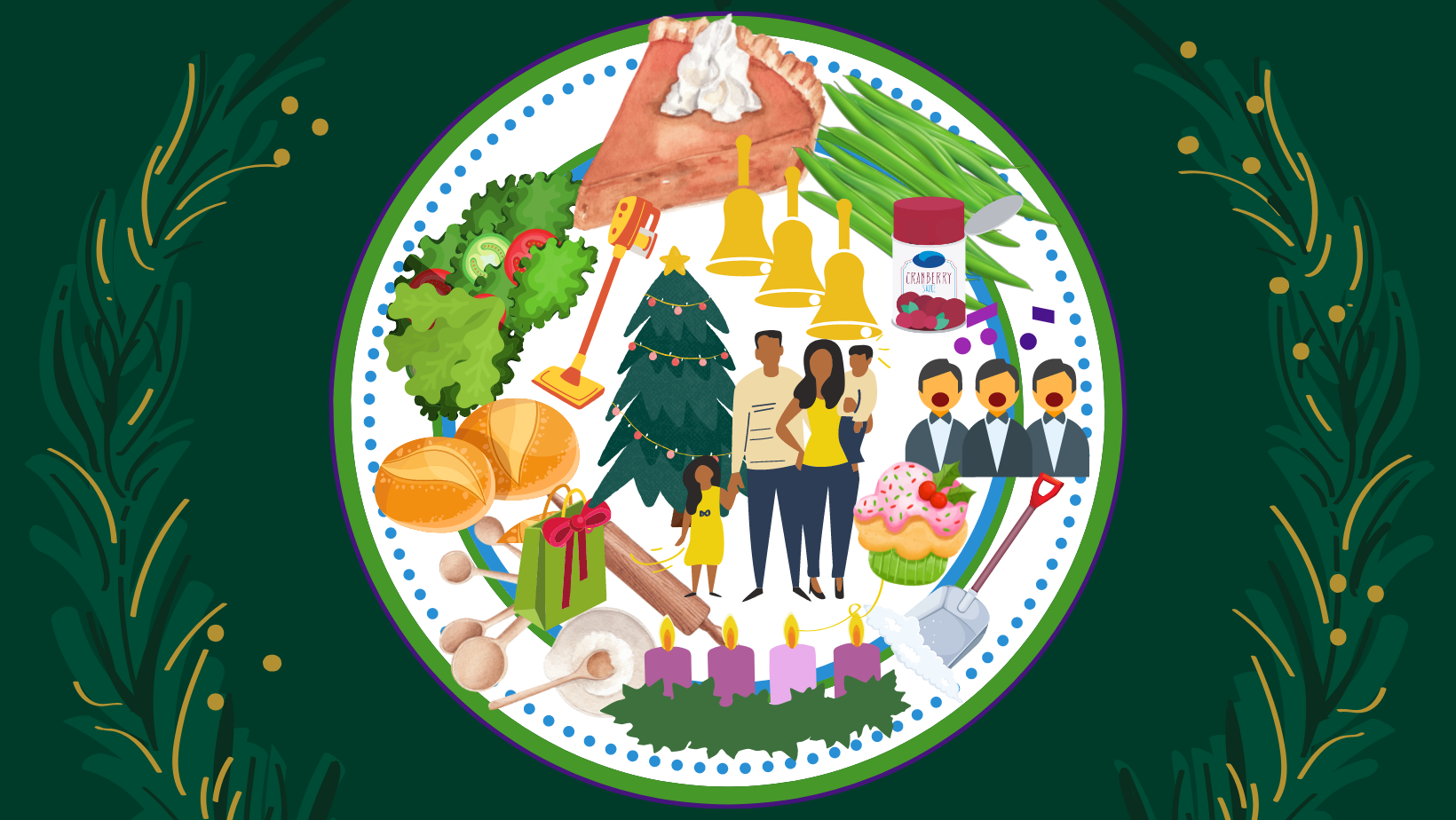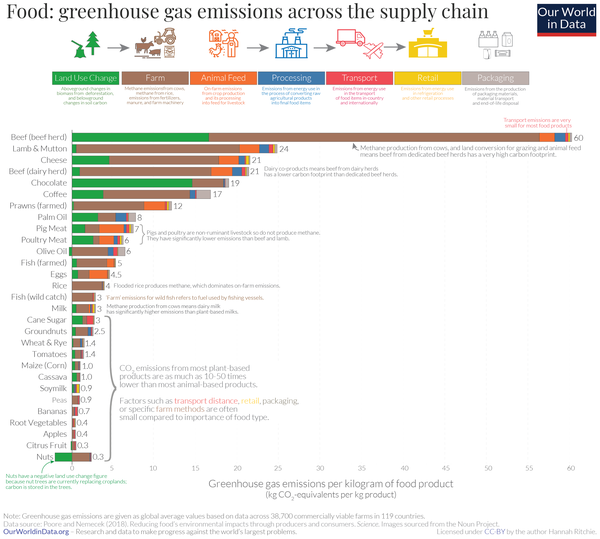Winter Rest
“Return, O my soul, to your rest, for the Lord has dealt bountifully with you.” Psalm 116:7
For many people, this time of year is challenging, especially for those who live in northern, colder climates (like where we live in Western Pennsylvania). The days are short, and the nights are long. Gray clouds often mute even the brightest day, creating a heaviness that can weigh on people. (For resources on treating Seasonal Affective Disorder (SAD), click here).
Yet, something about winter’s lack of light energizes me. Some of my energy may stem from setting New Year’s resolutions for myself (even though theologically I know that we are born anew every day). But this does not fully explain my experience last winter when creative energy burst out of sitting in the lack of light.
After a busy season of planting and harvesting in our backyard garden, I sat in our living room early one morning. The room was not lit; there was only a faint glow of the winter moonlight coming through the window, causing my focus to narrow to the space right in front of me. As I quietly sat there, my imagination wandered. Where? Of course, to one of my favorite things—plants! I thought that like humans, plants also need time without light to grow. As I sat with the lack of light, day after wintery day, I delved into the interconnectedness of people and plants, and in the process discovered a source for my revitalized energy. This led to me writing a piece last summer entitled “From the Ground Up: Digging Deeper into our Body-Garden Connection” as a guest blogger for Columbia Theological Seminary. So that we can dig into the richness of this interconnectedness more deeply, I chose the “People-Plant Connection” as the theme for HSHC’s 2023 newsletters.
Here are several People-Plant Connections to start off this new year:
- Sunlight is a key triggering element for humans that lets us know when to sleep and when to wake. The same is true of plants. “Just like humans who work during the day and get their shut-eye at night, plants also work on the cycle of the Sun, and are known to have genes that switch on and off in what is known as a circadian rhythm” [1].
- During the night, both plants and people rest, which promotes growth. “Sleep allows the brain and body to slow down and engage in processes of recovery, promoting better physical and mental performance the next day and over the long-term” [2]. “When the sun goes down, the plant’s focus shifts [from absorbing energy from the sun through the process of photosynthesis] to delivering glucose throughout the plant;” giving it energy to grow [3].
- Healing happens while plants and people sleep. “During deep sleep, your body works to repair muscle, organs, and other cells. Chemicals that strengthen your immune system start to circulate in your blood” [4]. Likewise, “trees often relax and let their branches droop when the sun goes down” [5].
This brings me back to the theme of this newsletter and how an unlit space during an overcast season helped me discover my energy. I learned three seasonal rhythms that hold true for me:
- More rest – Longer nights make it easier for me to get more sleep.
- Less activity – Less gardening not only provides rest for my body but also gives me more time to focus my mental energy on other things.
- Less light to illuminate other objects, creates more space for me to grow in my relationship with God.
As we continue to move into this new year, I want to encourage you to consider: what does more sleep, slowing down, and creating more space to grow in God look like for you? What rhythms of winter do you embody?
Peace,
Karen H. Webster
HSHC Co-founder/Executive Director
If you would like to learn more about what plants are doing at night, here is a quick and insightful overview:
1:30-minute video clip, “Do Plants Sleep?”
¹ https://www.scienceabc.com/nature/do-plants-and-trees-sleep.html
² https://www.sleepfoundation.org/how-sleep-works/what-happens-when-you-sleep
³ https://www.scienceabc.com/nature/do-plants-and-trees-sleep.html
4 https://www.webmd.com/sleep-disorders/ss/slideshow-sleep-body-effects
5 https://www.scienceabc.com/nature/do-plants-and-trees-sleep.html


